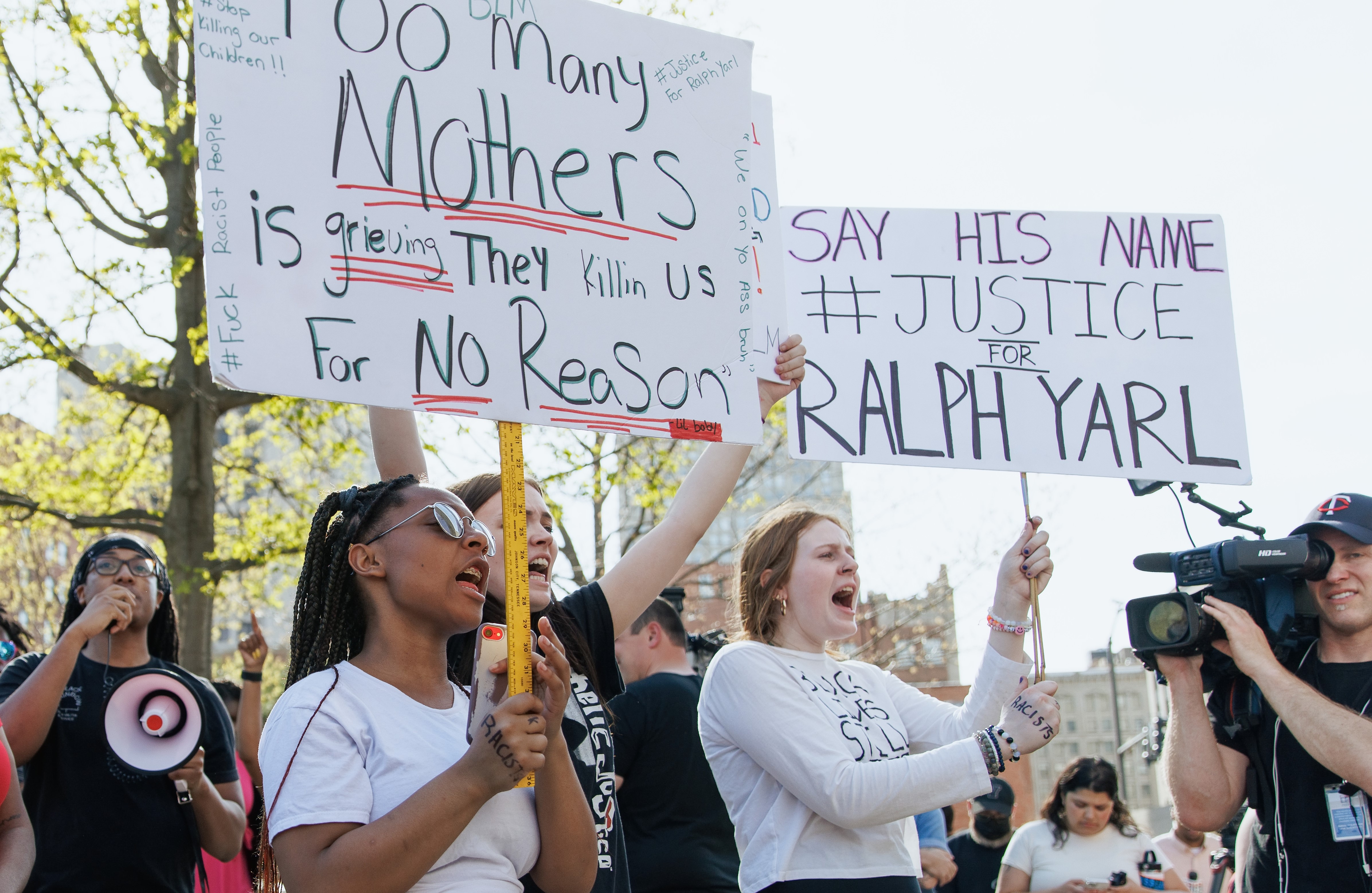Sex Crimes Case Against Former CIA Officer May Collapse Due to Technicality
The case against a former longtime CIA agent and prolific sexual predator may be about to collapse. No exonerating evidence has come to light. No accusations or testimony have been recanted. The material facts of the case remain both horrific and unchanged. And yet, Brian Jeffrey Raymond—a man described as an “experienced sexual predator” in federal court documents—may go free after assaulting at least 20 women over a 10-year period.
Why? Because a result of a botched search warrant. Let’s get into the case.
Airtight Evidence Against Agent?
Raymond was arrested in La Mesa, California, in October of 2020—nearly five months after Mexico City police received reports of a naked woman screaming for help from the balcony of his U.S. Embassy-leased apartment. The woman told authorities that she had met Raymond on Tinder. At some point Raymond offered the woman a glass of wine, which she accepted. It didn’t take long for whatever Raymond put in her wine to take effect.
A medical evaluation showed that the woman had sustained several injuries and had likely been sexually assaulted. And as if this weren’t awful enough, a search of Raymond’s phone and iCloud account unveiled hundreds of images and videos of at least 21 different naked, unconscious women, including many shots of Raymond himself actively assaulting the women. A forensic analysis of his phone also turned up hundreds of interactions with women on Tinder in multiple countries as well as a search history full of terms like “Ambien and alcohol pass out.”
There is little doubt that Raymond committed most or all of the crimes for which he stands accused. Even Raymond himself was willing to plead guilty to two counts of sexual abuse as part of a deal to get him a lighter sentence. It’s hard to imagine such a seemingly clear-cut case resulting in anything other than a conviction. And yet here we are.
Not So Fast, Says the Constitution
A federal judge in Washington, D.C. granted Raymond a withdrawal of his guilty plea back in November of 2022. According to the ruling, the judge sympathized with Raymond’s claims that his attorneys did not follow up on concerns about the potentially unconstitutional search and seizure of two of Raymond’s cell phones. The judge ruled that law enforcement may have violated Raymond’s rights against unreasonable search and seizure under the Fourth Amendment, and that they may have violated his Fifth Amendment rights against being forced to testify against himself at the same time.
(The constitutional arguments and nuances are actually fairly complicated, so we’ve written an entirely separate blog post getting into the weeds of the Fourth and Fifth Amendment protections in this case, which you can read here.)
But to put it briefly, the improper execution of a warrant may be all it takes to have all of the compelling and incredibly incriminating evidence that was found on Raymond’s cell phones may well be ruled inadmissible in court. Throwing out all of that evidence will gut the prosecution’s case, and Raymond may well be set free.
Legal experts are fairly split on whether or not the defense’s arguments will hold water. It all hinges on whether or not the defense can successfully argue that law enforcement violated Raymond’s rights when they executed a search of his phone and laptop. All we can do now is wait and see.
You Don’t Have To Solve This on Your Own – Get a Lawyer’s Help
Meeting with a lawyer can help you understand your options and how to best protect your rights. Visit our attorney directory to find a lawyer near you who can help.






